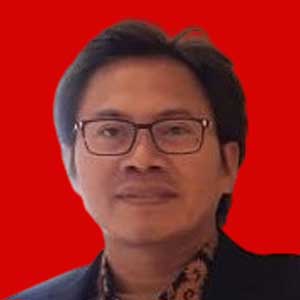Duterte will face justice at the hands of the International community
Tuesday, August 27, 2019
arsip tempo : 171415012299.

Human Rights Watch (HRW) has been keeping a close watch on the Philippine’s war on drug launched by President Rodrigo Roa Duterte since July 2016. In March, 2017, the commission released a report titled “License to Kill”: Philippines Police Killings in Duterte’s “War on Drugs” which details the atrocious killings of thousands in the name of the war. “The drug war in the Philippines is a human
...
Subscribe to continue reading.
We craft news with stories.
 For the benefits of subscribing to Digital Tempo, See More
For the benefits of subscribing to Digital Tempo, See More








